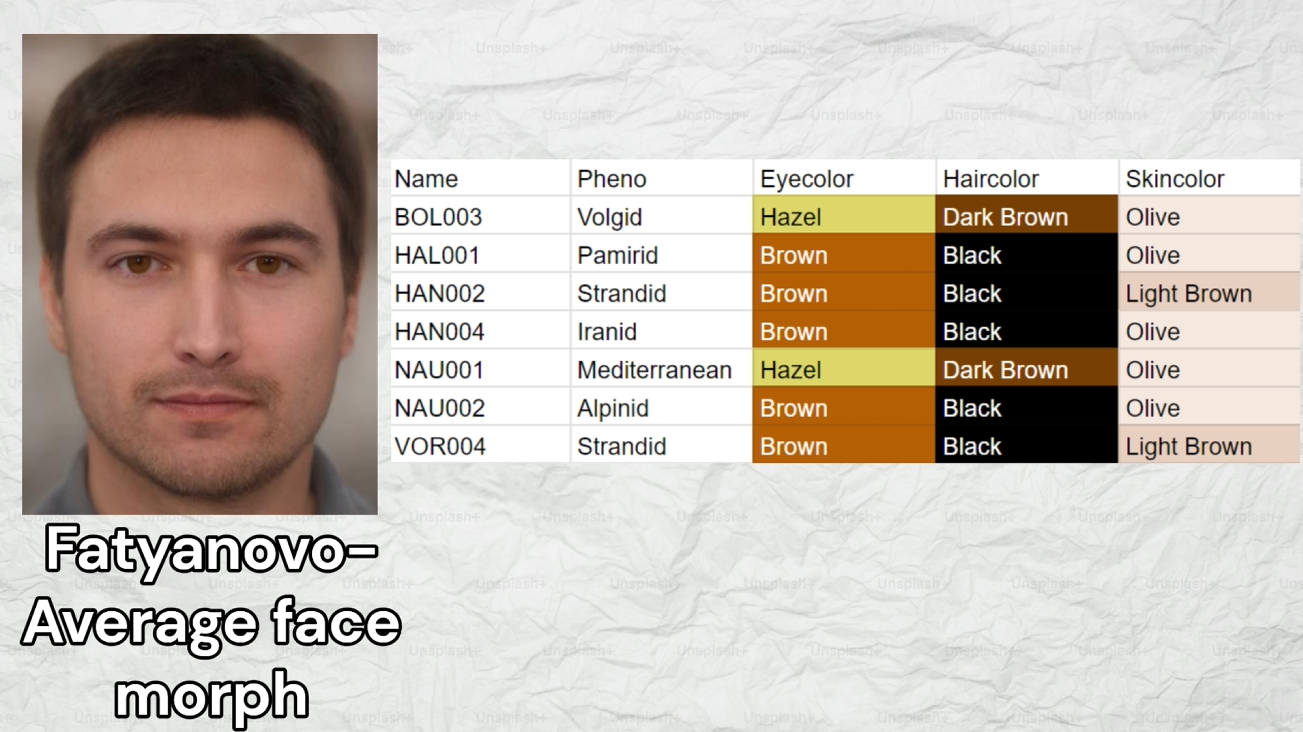
7 fatyanovo culture raw DNA files in 23andme format
The Fatyanovo culture, flourishing around 2900–2000 BCE, was a branch of the broader Corded Ware culture, which originated in Central Europe and extended eastward as populations migrated. Located primarily in the forested regions of what is now central Russia, around Moscow, Ivanovo, Vladimir, Yaroslavl, and Tver regions, the Fatyanovo people were one of the first Indo-European groups to settle in this area. The Fatyanovo people practiced a pastoral lifestyle, likely focusing on cattle and sheep herding, and their migrations and interactions with local populations played a role in the spread of Indo-European languages in the region.
The architecture of the Fatyanovo culture is not well-documented due to the ephemeral nature of their wooden structures, which have largely decayed over time. However, they are known for their elaborate burial practices. Burials were typically single inhumations placed in shallow pits, often with bodies laid in a flexed position and accompanied by grave goods such as pottery, weapons, and personal ornaments. This burial style and the presence of cord-marked pottery in the graves connect them to their Corded Ware ancestors. The Fatyanovo culture is notable for its pottery, which features corded and combed patterns, a hallmark of the broader Corded Ware culture, often used to decorate simple yet elegant vessels.
As the Fatyanovo culture expanded eastward, it eventually blended with other groups, leading to the formation of the Abashevo culture, which in turn contributed to the rise of the Sintashta culture in the southern Ural region. The Sintashta culture, known for its advanced metallurgy and chariot technology, is often regarded as a precursor to the Indo-Iranian peoples.
For this video, I gathered 7 high quality genomes from the Fatyanovo culture in central russia. 4 of these samples are from Yaroslavl Oblast, 2 from Moscow oblast, and 1 from Tver Oblast.
